How To Reduce Swelling On Face – 7 Remedies & Prevention Tips
A combination of home remedies and lifestyle changes can help manage swelling on your face.
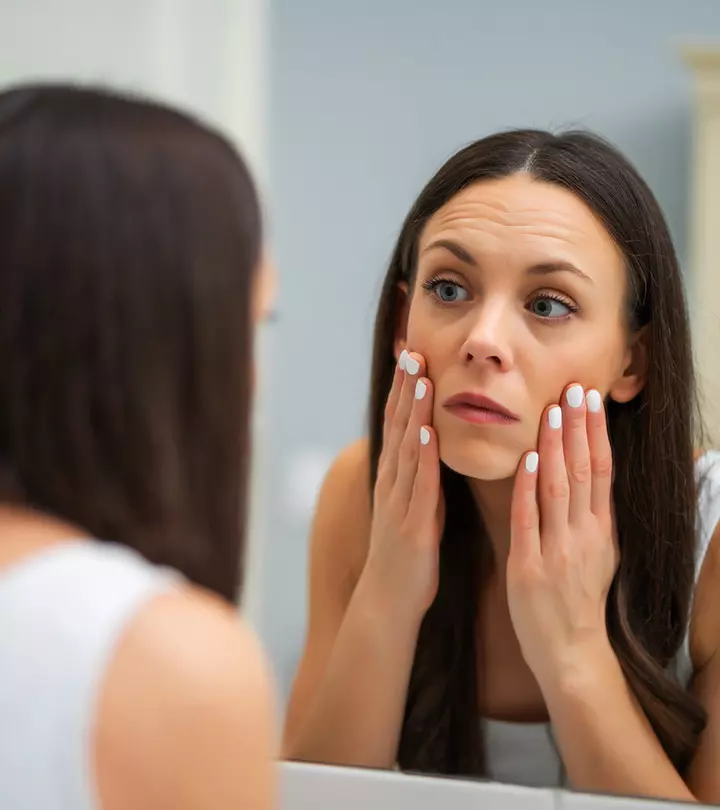
Image: iStock
How many times have you woken up with your face puffed up and swollen? Quite often, right? Facial swelling is a common condition caused by a plethora of factors such as lack of sleep, excess alcohol, and stress. Sometimes, it can also be a result of an injury or an underlying medical condition. However, if not treated on time, it may make a person self-conscious, which might impact their mental health. The good news is you can treat your facial swelling once you know the root cause. So, let us explore the different causes of facial swelling as well as how to reduce face swelling with some simple home remedies.
In This Article
What Is Facial Swelling?
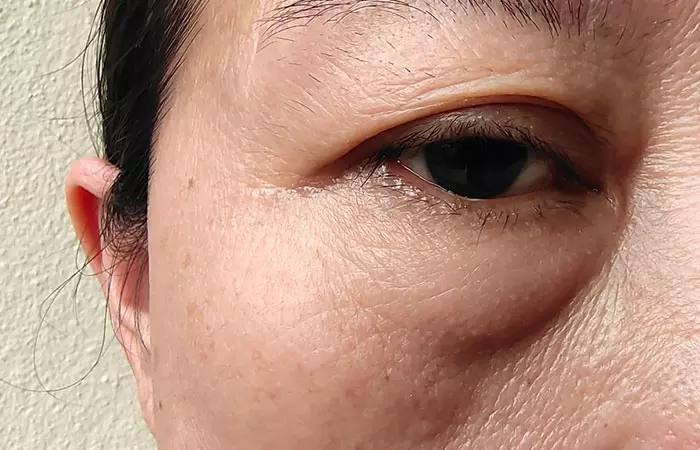
Facial swelling is described as the enlargement of the face either due to inflammation of facial tissues or due to fluid buildup. Also known as facial edema, swelling commonly occurs on the lips, cheeks, and eyelids. Sometimes it may extend to the throat or neck region as well.
In this section, we discussed what facial swelling is. Let’s look at the symptoms of facial swelling next.
Key Takeaways
- Also called facial edema, facial swelling is the enlargement of the face caused by inflammation of facial tissues or fluid buildup.
- Allergic reactions, facial trauma or injury, sinusitis, superior vena cava syndrome, tooth infection, and facial cellulitis cause face swelling.
- See a doctor if you experience rash or hives, swollen limbs, trouble swallowing, dizziness, wheezing, nasal congestion, redness, and more.
Facial Swelling Symptoms
The symptoms of facial swelling often include the following:
- Puffiness: Visible swelling in the face, making it appear larger or rounder than usual.
- Tightness: The skin feels stretched due to fluid retention.
- Redness: The skin may appear reddish when there is irritation due to inflammation.
- Pain Or Tenderness: Discomfort or slight soreness in or along the swollen area.
- Eye Problems: Swelling can cause difficulty opening or closing your eyes.
- Numbness: Loss of sensation or tingling in the affected area.
If you experience facial swelling, especially when accompanied by difficulty breathing or fever, it is crucial to seek immediate medical attention as it could indicate a severe allergic reaction or other serious medical condition.
There are a variety of factors that may cause your face to swell up. Hop onto the next section to look at them in detail.
What Causes Facial Swelling?
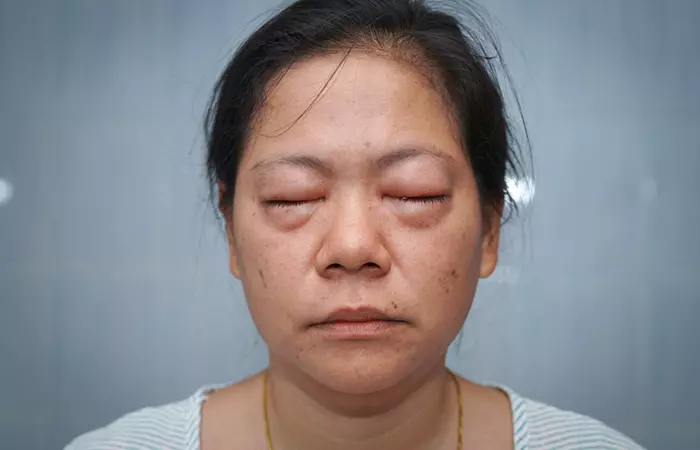
Facial swelling occurs in reaction to an injury or an invasion by a foreign substance. When your body is exposed to a foreign substance or a trauma, it releases chemicals to protect the face. As a result, your inflammatory cells become activated and your face swells up. The following are some of the common reasons behind facial swelling:
1. Lifestyle
Waking up with a swollen face is quite common due to retention of fluid overnight. Other than that, facial swelling can be a result of alcohol, smoking, sleeping position, and lack of sleep (1), (2). If you wake up with a swollen face after partying the previous night, you can blame it on the alcohol!
2 Allergic Reaction
Medications, food, pollen, bees, insects, or mold may cause allergic reactions that can lead to facial swelling and even anaphylactic shocki An acute allergic reaction caused by intolerance to an allergen that results in shortness of breath, hypotension, and fainting. in some people (3).
A survey conducted on 40,443 US adults found that 10.8% of Americans had a food allergy, while nearly 19% self-reported a food allergy. It was further seen that 50% had experienced a food allergy as an adult, while over 38% had gone to the emergency room for a food allergy-related issue at least once in their lifetime.
Along with a swollen face, you may develop the following symptoms.
- Itchy nose or throat
- Sneezing
- Coughing
- Red eyes
- Runny nose
3 . Facial Trauma Or Injury
Sustaining an injury to the face can result in swelling, bruising, pain, and nosebleed. While bruised noses may not always require medical treatment, it is still best to go to a doctor. Depending on the severity of the injury, they will prescribe the appropriate treatment.
4. Sinusitis
Sinusitis is caused by a bacterial or viral infection that results in the inflammation of the sinus, and nasal pathways. This can result in swollen eyes and facial congestion. While swollen sinuses are the primary symptom of sinusitis, you also develop other symptoms such as (4):
- Facial pain
- Facial tenderness
- Nasal congestion
- Fatigue
- Coughing
- Dental pain
5. Superior Vena Cava Syndrome
Swollen face or neck is a common symptom associated with superior vena cava syndrome. The superior vena cava is a vein that carries blood from the head, neck, and upper chest back to the heart. Superior vena cava syndrome occurs when there is an obstruction of blood flow in this vein which can lead to facial swelling. This is a serious condition and requires immediate medical attention (5).
6. Tooth Infection
An infection in the gum or tooth can cause your jawline to swell. Poor oral hygiene breaks down the enameli The white crystalline outermost layer of a tooth made of calcium phosphate that insulates it against injuries. and allows the bacteria to enter and infect the tooth, leading to facial swelling (6).
7. Facial Cellulitis
Facial cellulitis is a skin infection caused by staphylococcus or streptococcus bacteria when it enters the body through a break in the skin’s surface, leading to skin discoloration, pain, and facial swelling (7).
As you can see, face puffiness and swelling can result from something as simple as your sleeping position to a serious medical condition. Thankfully, for less serious cases, you can opt for these quick home remedies to cure edema.
Quick Home Remedies For Face Swelling
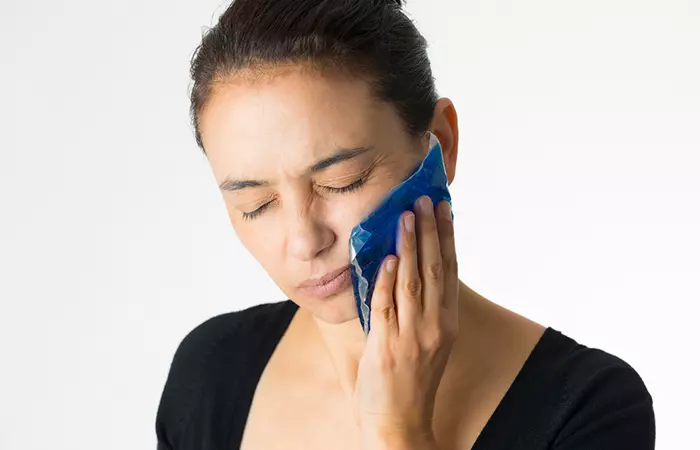
You can try these quick home remedies to reduce swelling on your face:
- Wash your face with cold water when you wake up to get rid of puffiness and reduce redness on the face.
- Use cucumber on affected areas to help reduce swelling.
- Try facial exercises to keep your blood circulation going. The muscle movement may help you get rid of swollen lips and make your eyes look less tired.
- Apply cold compress on swollen areas.
- Apply over-the-counter creams to decrease swelling.
- Use antihistaminesi A class of drugs that alleviate inflammation, itchiness and other allergic symptoms by inhibiting the effect of the histamine hormone. to combat swelling due to allergic reactions.
- Get more rest as that can help in healing to reduce inflammation.
Suri, a makeup artist and blogger, narrates her encounter with facial swelling. She explains, “It can also be a painful time, and I have woken up so many times with my face burning. Keeping cool is essential, not only your environment but your body so keeping hydrated with water is great and mist regularly with rosewater (i).”
 Quick Tip
Quick TipWhile in some cases, quick home remedies can make the swelling go away, some require immediate medical attention.
When To See A Doctor
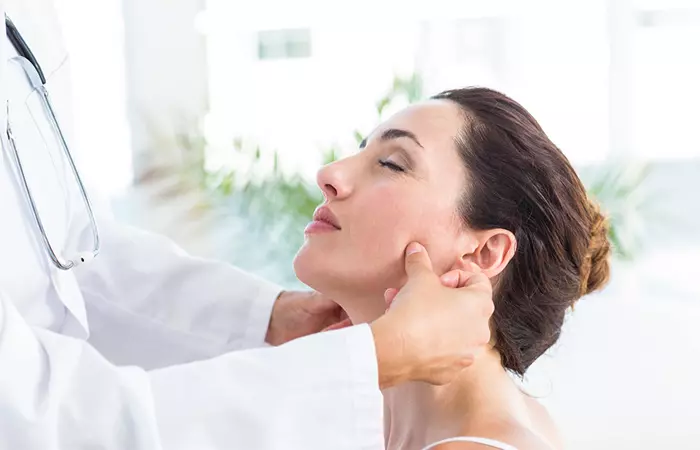
If your facial swelling persists for a few days accompanied by the following symptoms, consult your doctor immediately.
- Rash or hives
- Swollen limbs
- Confusion
- Trouble swallowing
- Trouble breathing
- Dizziness
- Wheezing
- Nasal congestion
- Pain
- Itching
- Redness
If your facial swelling is due to an infection or allergic reaction, your doctor will prescribe antibiotics or antihistamines to alleviate the swelling. If you experience symptoms of anaphylaxis (severe allergic reaction), seek medical assistance immediately as it can be dangerous.
Not sure whether you can prevent your face from swelling? Go to the next section to find out!
Tips For Preventing Facial Swelling

While it may not be possible to completely avoid facial swelling, following these tips may help you reduce their risk.
- Avoid sleeping on your belly.
- Avoid processed or salty foods before bed.
- Increase the intake of water and fluids.
- Keep your head slightly elevated while sleeping to avoid fluid buildup.
- Avoid known allergens and triggers, especially before going to bed.
- Avoid salty, fatty, and processed foods.
- Limit your intake of alcohol (8).
- Eat a diet rich in vegetables, fruits, fiber, and whole grains.
- Brush and floss your teeth regularly to avoid the risk of tooth infection.
 Quick Tip
Quick TipTo Sum It Up
Facial swelling occurs when your body releases chemical substances in response to a foreign substance or trauma. This leads to your face swelling up. Stress, infection, or a medical condition may be the reason behind your swelling. Washing your face and putting cold compresses are amazing home remedies to reduce the swelling on your face. Swelling due to injury or a severe allergic reaction needs to be treated by a doctor immediately. Making dietary and lifestyle changes and avoiding known allergens are some of the best ways to prevent facial swelling.
Infographic: Top 5 Home Remedies To Combat Face Swelling
Facial swelling may be a result of several reasons, such as dental decay, allergy, injury, or other medical concerns. It is accompanied by severe pain, fever, or breathing difficulty that may require medical assistance. However, simple lifestyle changes and home remedies may help avoid or alleviate minor conditions. Check out the infographic below for home remedies that may help with facial swelling.

Illustration: StyleCraze Design Team
Frequently Asked Questions
Is ice or heat better for face swelling?
Whether heat or ice is more suitable to reduce swelling depends on the cause of swelling as well as the stage of the swelling. For instance, swelling caused due to an injury should be treated with an ice pack for the first 48 hours after which, a hot compress may be applied.
Does ibuprofen reduce swelling?
Yes, ibuprofen acts as an anti-inflammatory drug and hence, may reduce swelling.
Does Tylenol reduce swelling?
No, Tylenol is not an anti-inflammatory drug and hence cannot reduce swelling.
Does Benadryl help with a swollen face?
Yes, being an antihistamine, Benadryl may help reduce facial swelling caused due to allergies or insect bites.
Learn how to manage sudden swelling of the face, especially near the eye region. Get some effective tips to reduce swelling and discomfort quickly in the video below.
Personal Experience: Source
StyleCraze's articles are interwoven with authentic personal narratives that provide depth and resonance to our content. Below are the sources of the personal accounts referenced in this article.
i. Tips dealing with an allergic reaction on the facehttps://surisbeauty.wordpress.com/2015/08/05/tips-dealing-with-an-allergic-reaction-on-the-face/
References
Articles on StyleCraze are backed by verified information from peer-reviewed and academic research papers, reputed organizations, research institutions, and medical associations to ensure accuracy and relevance. Read our editorial policy to learn more.
- Impact of Smoking and Alcohol Use on Facial Aging in Women: Results of a Large Multinational Multiracial Cross-sectional Survey
https://www.ncbi.nlm.nih.gov/labs/pmc/articles/PMC6715121/ - Cues of Fatigue: Effects of Sleep Deprivation on Facial Appearance
https://www.ncbi.nlm.nih.gov/pmc/articles/PMC3738045/ - Allergic Reaction: Symptoms Diagnosis Treatment and Management
http://www.jsirjournal.com/Vol2Issue1013.pdf - Sinusitis
https://www.ncbi.nlm.nih.gov/books/NBK470383/ - Superior Vena Cava Syndrome
https://www.ncbi.nlm.nih.gov/books/NBK441981/ - Dental Abscess
https://www.ncbi.nlm.nih.gov/books/NBK493149/ - Odontogenic Facial Cellulitis in Children: Review Article
https://www.researchgate.net/publication/340819785_Odontogenic_Facial_Cellulitis_in_Children_Review_Article - Alcohol-related massive eyelid swelling: Case report
https://www.researchgate.net/publication/6326163_Alcohol-related_massive_eyelid_swelling_Case_report - Water Hydration and Health
https://www.ncbi.nlm.nih.gov/pmc/articles/PMC2908954/ - Peripheral Edema
https://www.ncbi.nlm.nih.gov/books/NBK554452/
Read full bio of Dr. Saba
Read full bio of Sanchari Bhattacharya
Read full bio of Ramona Sinha
Read full bio of Swathi E






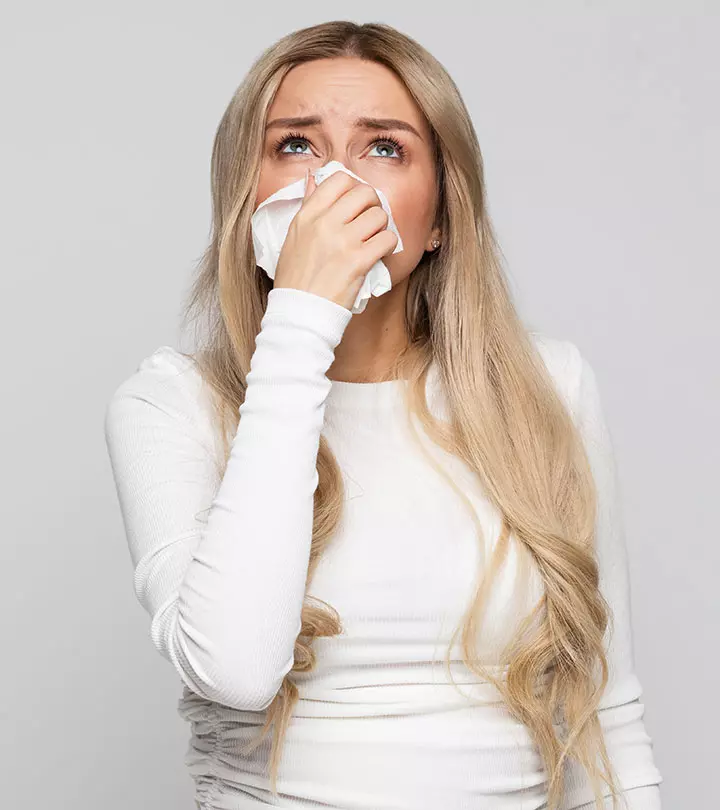

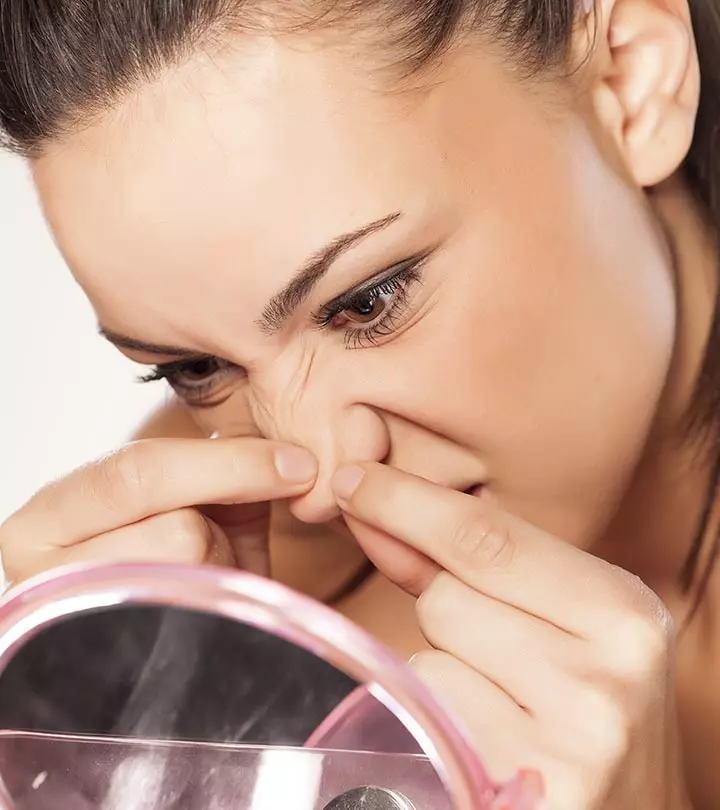
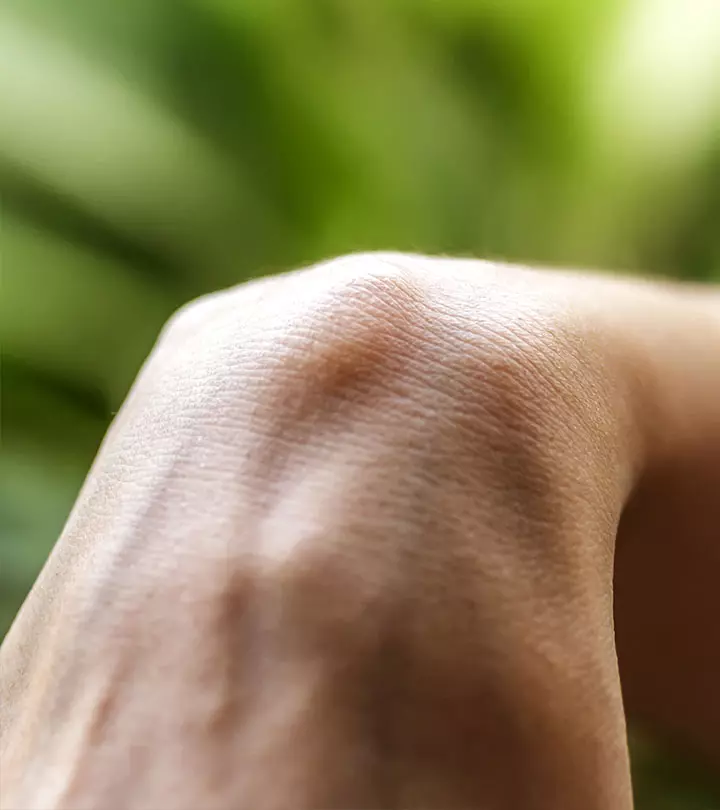
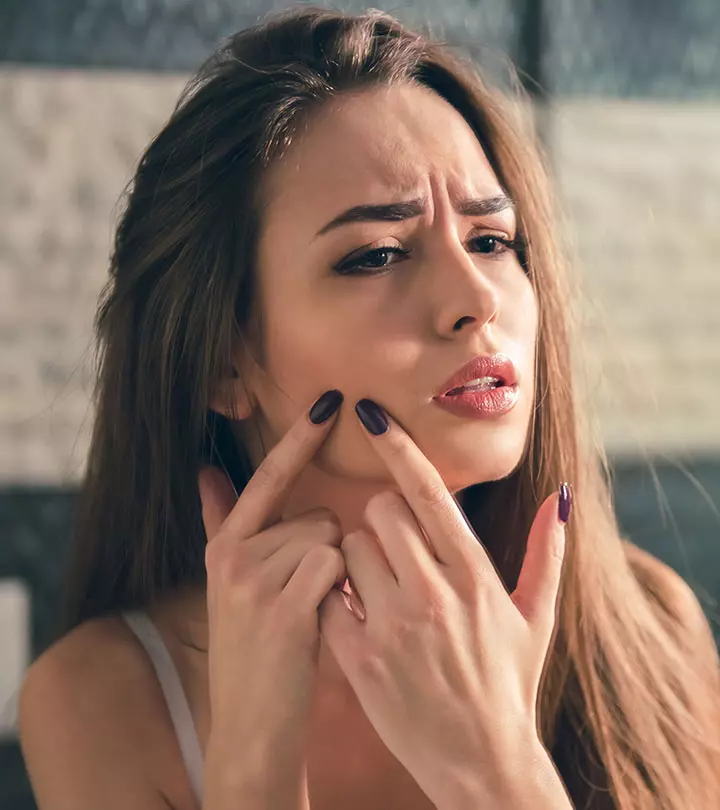
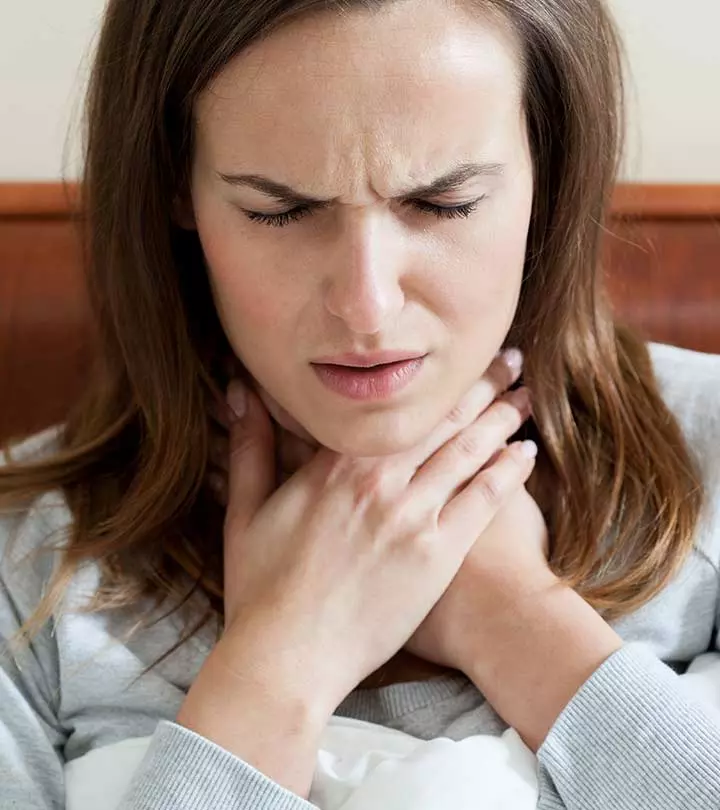


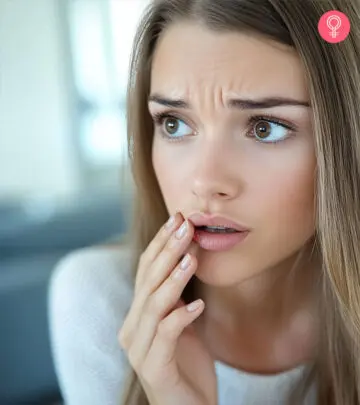

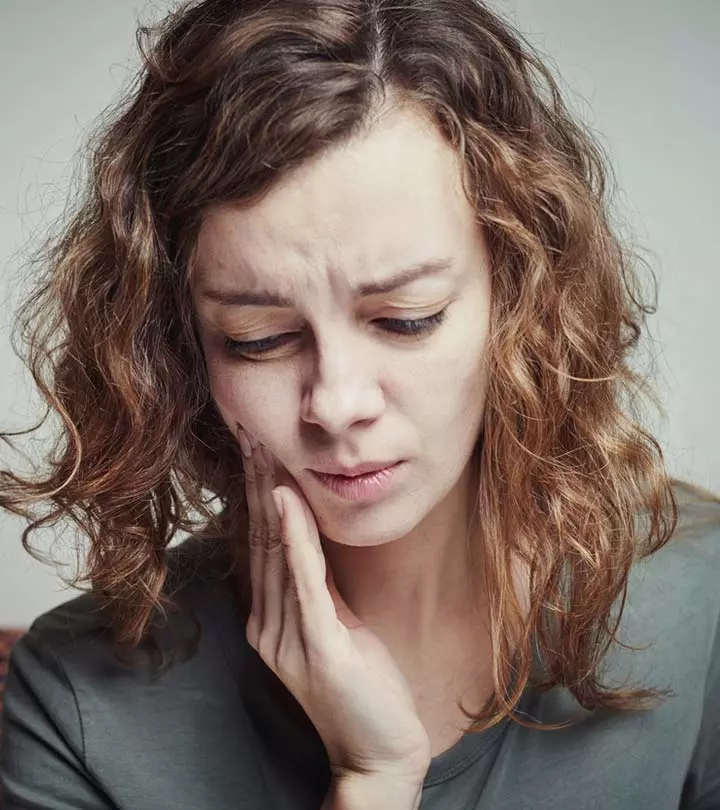

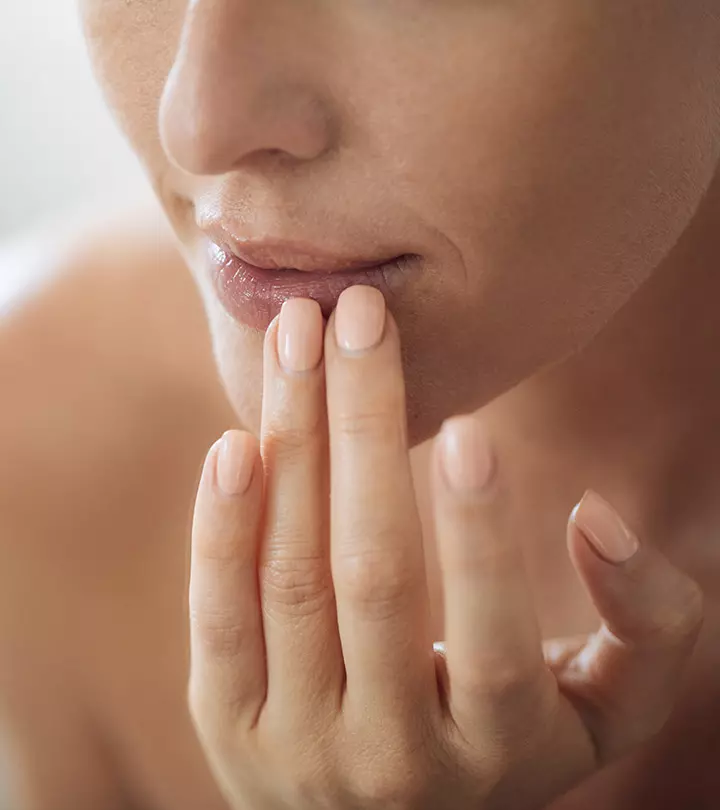
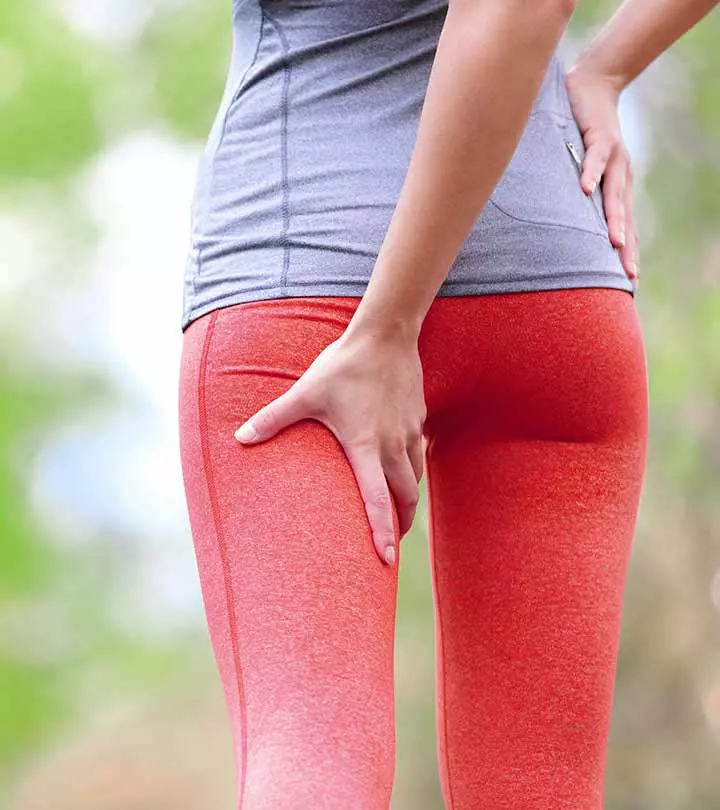
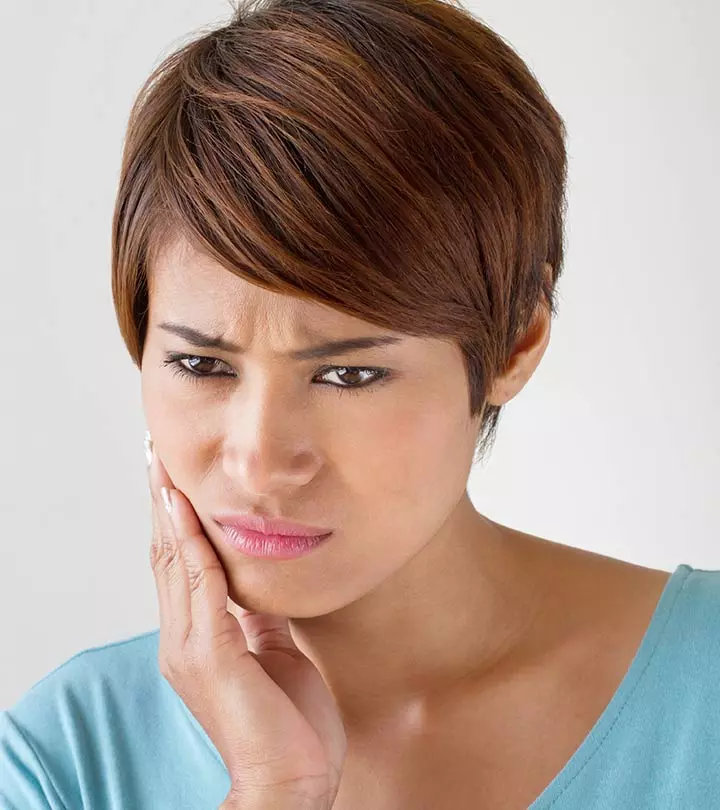





Community Experiences
Join the conversation and become a part of our empowering community! Share your stories, experiences, and insights to connect with other beauty, lifestyle, and health enthusiasts.